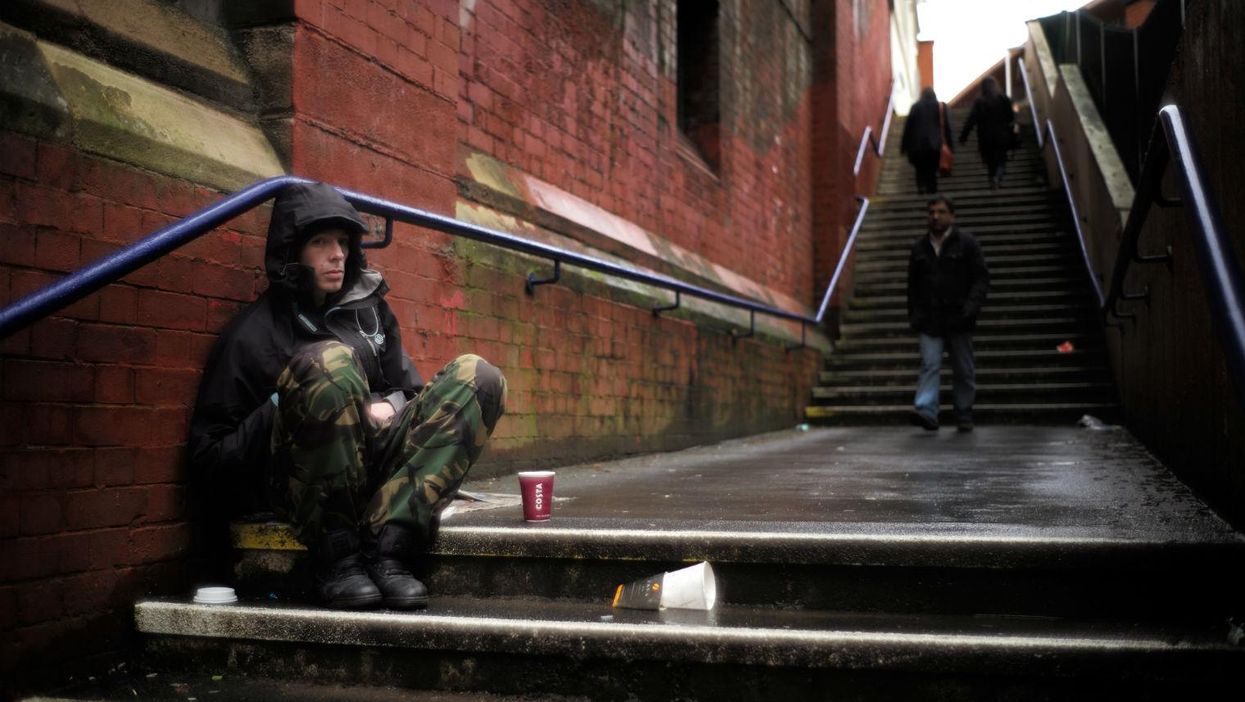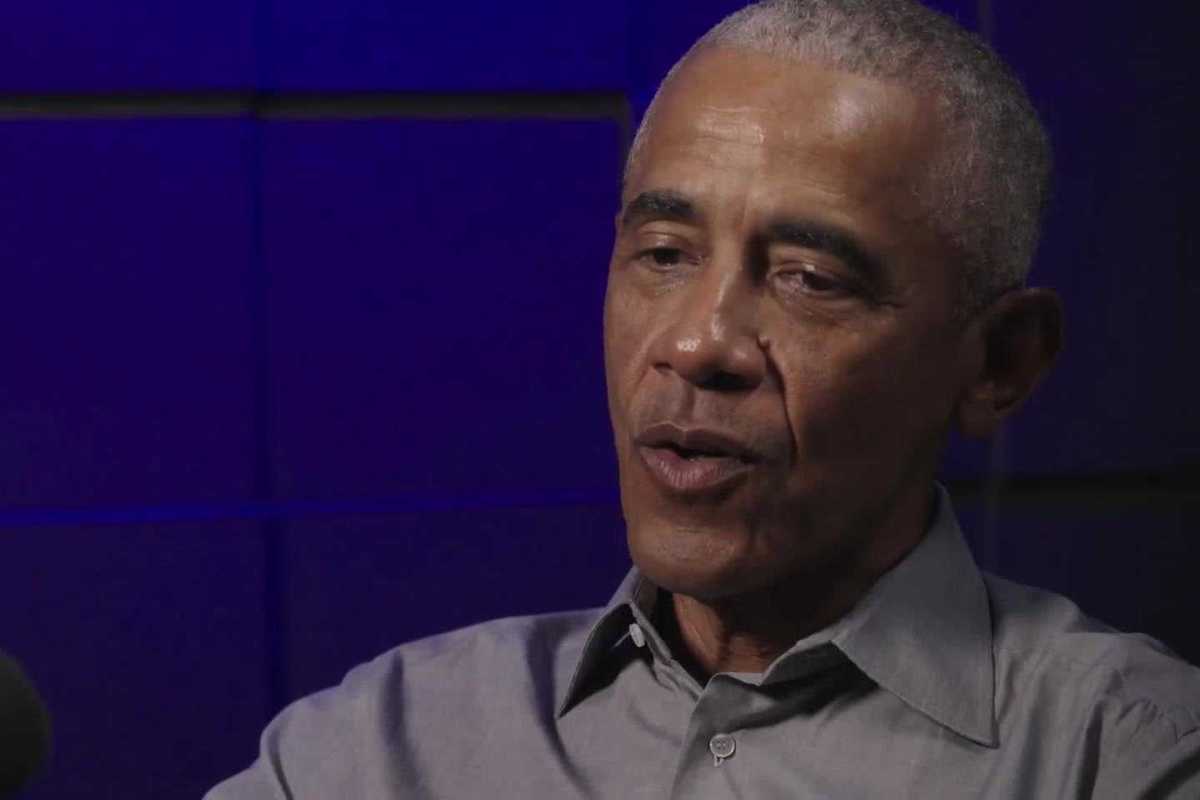News

Poverty-stricken people are being encouraged to plead guilty to crimes they did not commit out of fear they will face crippling costs imposed by new financial penalties, it has emerged.
Campaigners and legal experts are warning that the new levy introduced by the former Justice Secretary Chris Grayling to make criminals pay for the upkeep of the courts is creating extra hardship for people whose crimes are motivated by poverty – and makes the punishment for small crimes disproportionate.
The charge is not means-tested or adjusted according to the seriousness of the crime. In the magistrates’ court it is fixed at £150 if someone pleads guilty, but it can rise to £1,000 if they are found guilty.
Because the charge can be up to 10 times higher if someone is found guilty after pleading innocence, critics say it is undermining the justice system by encouraging impoverished defendants to plead guilty even if they have done nothing wrong.
The new policy was introduced on 13 April but since the charge can only be imposed on those whose crimes were committed after that date, the courts are only just beginning to see the full effect.
Recent cases
- Louise Sewell
The 32-year-old was forced to pay the Criminal Courts Charge after pleading guilty to stealing a four-pack of Mars bars worth 75p in the wake of a benefits sanction. She stole the chocolates from a Kidderminster shop on 22 June because she had no money and had not eaten for two days. A campaign to help her has already raised more than £15,000.
- Janis Butans
The 34-year-old from Derby stole three bottles of baby milk from Sainsbury’s on 18 July. As well as the £150 Criminal Courts Charge, he was handed a six-week community order with curfew and was ordered to pay £85 costs and a £60 victim surcharge.
- Stuart Barnes
A judge at Exeter Crown Court questioned the viability of the Criminal Courts Charge after imposing a mandatory £900 fee on a homeless shoplifter in June. As the 29-year-old was led away for stealing £60 of cosmetics, Judge Alan Large asked: “He cannot afford to feed himself, so what are the prospects of him paying £900?”
Richard Monkhouse, chairman of the Magistrates’ Association, the independent charity representing the majority of magistrates in England and Wales, told the i newspaper:
The chief concern of our members is the observation that pleas are being influenced by the charge. Defendants may be pleading guilty in order to avoid a larger financial penalty… We hope that the Lord Chancellor will grant the urgent review we’re calling for and grant magistrates discretion in applying the charge.
Earlier this week District Judge James Henderson expressed exasperation at the charge. Sentencing a homeless man for burglary at Wimbledon magistrates’ court, the judge told the court of his disappointment that he was unable to waive the charge because he had no discretion to do so.
A Ministry of Justice spokeswoman said: “It is right that convicted adult offenders who use our criminal courts should pay towards the cost of running them. The introduction of this charge makes it possible to recover some of the costs of the criminal courts from these offenders, therefore reducing the burden on taxpayers.”
Top 100
The Conversation (0)













